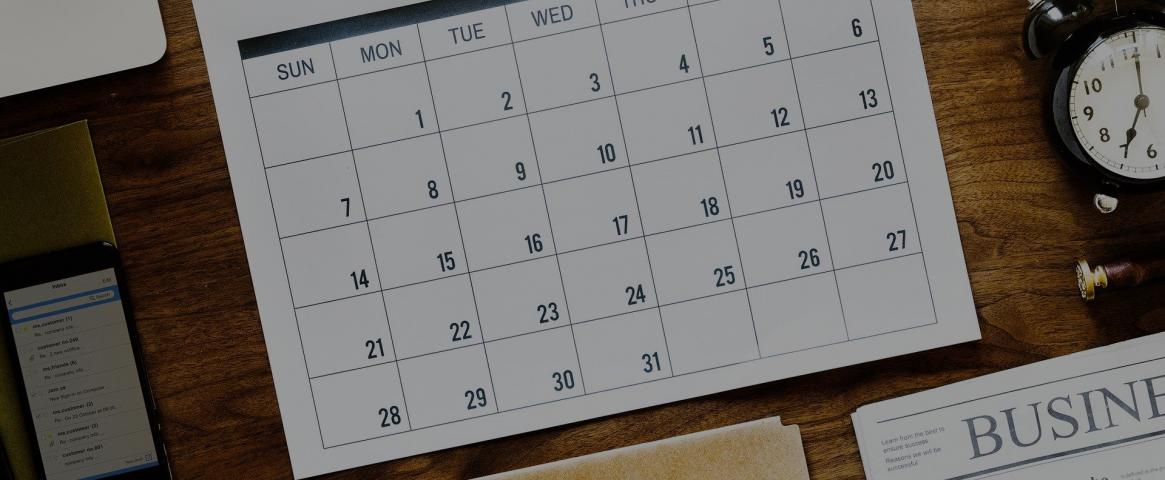By Erin I. Garcia de Jesus
“A lot of the time the narrative around freelancing is ‘go for your dreams. If you’ve got the talent and work hard, it’ll work out for you,’’’ said Jane C. Hu, a Seattle-based freelancer to an audience of aspiring and current freelancers. “I want you to believe those things. But I also want you to do so responsibly and plan for what you need to plan for.”
Life as a freelance writer may appear alluring by virtue of its flexibility, but it’s also tough. At a ScienceWriters2019 session, “In the balance: Cobbling together a freelance career,” Hu and her fellow panelists discussed how they balance freelancing with other responsibilities, jobs and their families.
Getting started is itself a major hurdle, the panelists agreed, but finding the right opportunity is a good first step. “You’ve got to find the opportunities that are right for you and you have to feel your way through them,” said Nathan Collins, a writer for Stanford News Service who got his start as a freelancer.
Finding a support group is one way to yield opportunities for both fledgling and seasoned freelancers. It can be lonely working from home, Hu noted, and writers never know when having the right connection will pay off. Having a group of fellow freelancers who you interact with on Slack, an email list, or in-person can help you figure out where to pitch story ideas or how to connect with editors. Freelancers should never be afraid of introducing themselves to editors or asking a peer to make a connection – networking is part of the job. “You should not be a freelancer if you can’t be shameless,” Collins said. “You have to hustle, and you’ve got to be shameless.”
Juggling numerous assignments with family life can also be a challenge. For Ramin Skibba, a San Diego-based freelance science writer and journalist with two young kids, what works now is different than before he had children. Before, his schedule was more flexible. Now, he avoids covering breaking news and tries to schedule interviews during his kids’ naps. He has learned to set modest goals while keeping in mind that when his kids get older he can start tackling larger projects.
“One thing that I have to do – especially now that I have another baby – is to maximize my pay-per-hour,” Skibba said.
Focusing on hourly rates can help freelance writers determine whether different projects are worth their time or what types of pieces they should pitch. Before moving to freelancing full-time, Hu spent a month writing down all her expenses to figure out how much money she needed to make. And when it comes to asking for higher rates, don’t be shy – it’s always worth it. “If you ask nicely, they’ll give you a nice answer,” Skibba said.
Even with good rates, some freelancers might work a full- or part-time job on the side. Contract fact-checking or editing, for example, are great ways to build a portfolio in the beginning. Beyond writing, irregular jobs such as dog-walking can also help supplement income. Hu described a friend who opened rooms at a community recreational center to make extra cash. “You’re still a writer even if you’re not writing 40 hours a week,” she said.
Erin I. Garcia de Jesus is a science writing intern at the American Geophysical Union and a recipient of a 2019 NASW Travel Fellowship. Follow her on Twitter @viruswhiz .

